muzzleloader
Cannon firing at the V&A
The grand old Castle of Good Hope and its coastal Cannon batteries like the Chavonnes Battery were the watchdogs that guarded Table Bay and its road-stead from invaders in the 17th, 18th and 19th Centuries.
Foreign ships making landfall at the Cape were expected to fire a salute of blank shots on entering the bay, not only to signal their friendly intentions but also as a greeting. The salute would be answered by the coastal fortifications – on the understanding that a ship which did not fire a greeting might be met by a volley of cannon-balls.
Between its completion in 1724 and 1860 when its 16 big muzzle-loading cannon bellowed for the last time, the Chavonnes Battery fired innumerable such salutes on the arrival of visiting Spanish, Portuguese, Dutch, French, English, Swedish and Danish merchantmen plying the route to and from the Far East.
On that day in 1860 when the battery thundered out its last its last salute for more than 140 years, Queen Victoria’s young son, Prince Alfred, pulled a lever that tipped the first load of rubble into the sea at the start of building the breakwater behind which the wharf's and quays of what is now the Victoria and Alfred Waterfront were to be built.
But since the early years of the 21st Century the mighty music of the guns has returned as salutes are fired from the Chavonnes Battery to mark various special occasions.
Why Chavonnes Battery?
The Social and Military Heritage of the Cape is a fascinating saga with heroes and villains of all color and creed. The Chavonnes Battery invites you to discover the strategic Commercial and Military importance of Cape Town and the harbor in global trade and some of the character’s who left a footprint here. Meander among the Archaeology ruins, explore the international photographic exhibitions, join a Guided Walking Tour or fire a real 18th Century muzzle loaded cannon.
The day the lion blinked by Willem Steenkamp
Lion’s Head played a vital role in the daily business of the Cape in the old days, because the panoramic view from its top made it the ideal place on which to station lookouts who could warn of approaching ships... and then there was the day the lion blinked.
Our first Afrikaans Article
At the Chavonnes Battery we enjoy being approached for information about the history of Cape Town, often it’s unusual and sometimes wacky which we can refer to Willem Steenkamp and get to enjoy another dose of flavorful insight into life at the Cape (or the world) at the time. We have an example of an email query to share with you and our first Afrikaans Article. (Kind permission by authors)
Pic above: The Caabse Vlek, F Riedel, 1779
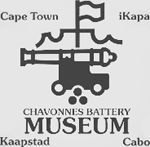
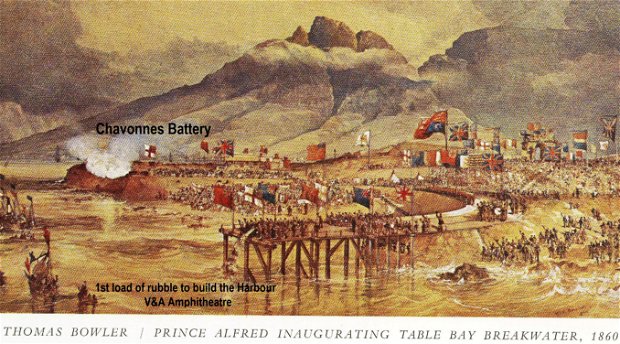
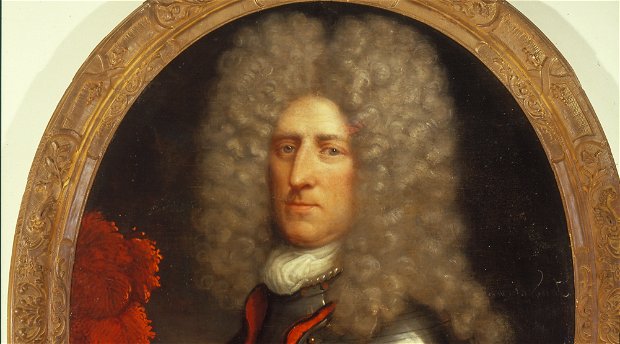
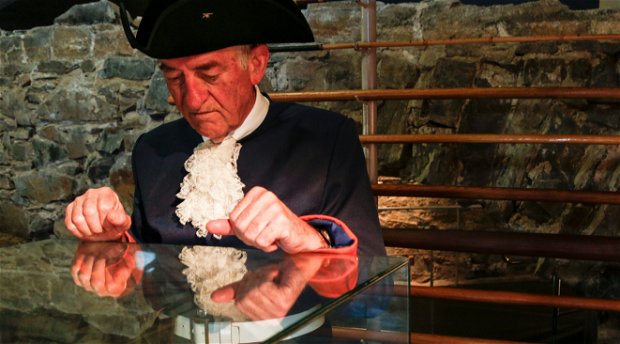
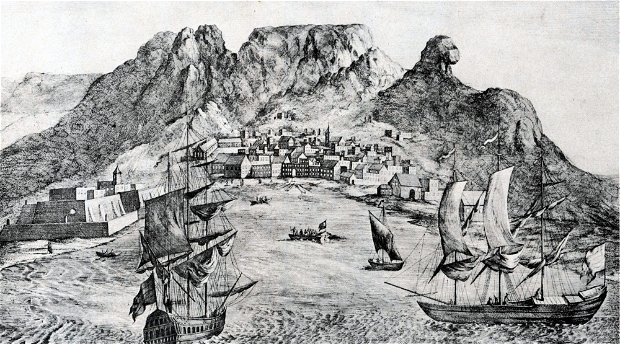




Share This Page